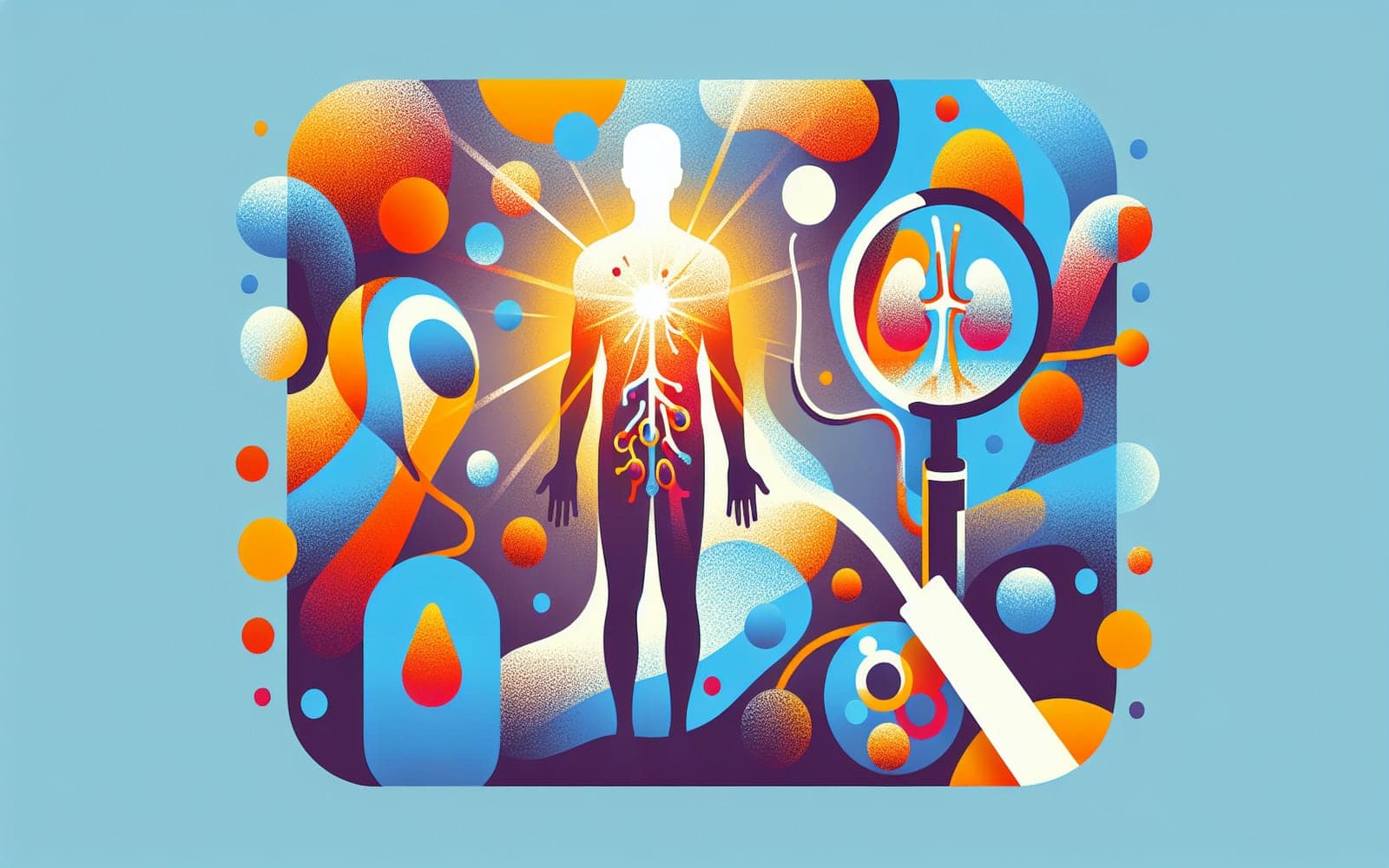What is Hypoaldosteronism and Why Does It Matter?
Published: Jan 03, 2024

Medically reviewed by Jerome Albert Ecker | MD, Assistant Professor of Medicine, Duke University - Durham, NC on January 3rd, 2024.
Hypoaldosteronism is a condition that can cause persistent high levels of potassium in your blood. It's important to identify and treat it because it can lead to serious health issues.
Contents
What is Hypoaldosteronism?
Hypoaldosteronism is a disorder where your body doesn't produce enough of the hormone aldosterone. Aldosterone helps regulate the balance of potassium and sodium in your blood. Without sufficient aldosterone, potassium levels can rise, leading to hyperkalemia, which is a potentially dangerous condition.
Symptoms and Risks
The main symptoms of hypoaldosteronism include persistent high potassium levels and mild metabolic acidosis, which is a condition where your blood becomes too acidic. Without treatment, these symptoms can worsen and lead to serious complications such as heart problems or kidney damage.

Causes of Hypoaldosteronism
Hypoaldosteronism can be caused by a variety of factors including kidney disease, certain medications, or an inherited condition. It can also be a result of adrenal gland problems, where aldosterone is produced.
Frequently Asked Questions
Hyperkalemia is a condition where there is too much potassium in the blood.
Aldosterone helps balance sodium and potassium levels in the blood.
Yes, treatment usually involves medication to replace or support aldosterone.
It can be caused by kidney disease, certain drugs, or adrenal gland issues.
Key Takeaways
Understanding hypoaldosteronism is crucial for managing its symptoms and preventing complications.
Get started by discussing hypoaldosteronism with Doctronic to learn more about your specific case.Related Articles
References
DeFronzo RA. Hyperkalemia and hyporeninemic hypoaldosteronism. Kidney Int 1980; 17:118.
Rose BD, Post TW. Clinical Physiology of Acid-Base and Electrolyte Disorders, 5th ed, McGraw-Hill, New York 2001. p.900.
This article has been reviewed for accuracy by one of the licensed medical doctors working for Doctronic. Always discuss health information with your healthcare provider.

